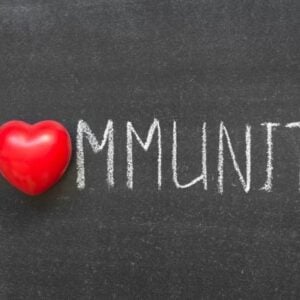In the quiet halls of the Mapendo health centre in Kiwanja, North Kivu, in the Democratic Republic of the Congo, the emergency unfolding is silent but relentless. Patients arrive steadily, many carrying children suffering from fever, infections and diarrhoea, reflecting a region where accessing care is an everyday struggle. Stella Sifa, who returned to her village after displacement, has spent days at the centre with her sick 12-month-old baby. The local water supply is contaminated, firewood to boil it is scarce, and disease has spread unchecked.
Surveillance systems are weak, testing is limited, and the constant displacement of people has obscured the scale of the crisis. Measles, mpox, and suspected cholera are on the rise, while vaccination rates remain dangerously low. According to Dr. Christian Bitwayiki, chief physician of the Rutshuru health zone, epidemics of HIV, tuberculosis, measles, and mpox are converging at once, overwhelming a system already short of resources. Essential medicines are unavailable, and treatment interruptions are leaving vulnerable patients dangerously exposed.
The crisis extends beyond health. Violence and sexual assault continue to spread both infections and trauma, with limited medical and psychosocial support available to survivors. Insecurity across eastern DRC worsens the situation further, as road closures and armed attacks disrupt medicine supply chains and humanitarian access. Pre-positioning medical stocks and ensuring safe corridors have become urgent priorities.
In Goma, 70 kilometres away, communities face similar struggles. François, once an active HIV educator, now works with dwindling supplies, urging people to get tested despite the lack of treatment. He continues to reassure communities that preparation and awareness remain vital. Claudine, who has lived with HIV for over a decade, has seen her health deteriorate as medicine shortages take their toll, yet she continues to advocate for testing and resilience, believing that hope must endure.
A recent delivery of 23 tonnes of medicines to North and South Kivu by UNDP and the Global Fund has brought renewed optimism. This operation, achieved through strengthened logistics, has enabled health facilities to resume treatment and prevention services, restoring hope to thousands. Community mobilizers like François and Claudine are being re-engaged with training and resources, while centres such as Mapendo are preparing to receive new supplies.
To build a sustainable response, efforts now focus on strengthening local capacity in stock management, diversifying supply routes, and integrating health services with water, sanitation, and protection programs. Monitoring systems are also being established to prevent future stockouts. As Dr. Jean-Claude Wema of UNDP emphasizes, this is not only about providing medicine but also about restoring dignity, justice, and trust.
Through these joint efforts, UNDP, the Global Fund, and local partners are working to rebuild health systems across eastern DRC, ensuring that people no longer suffer in silence and that future crises can be prevented before they take root.







